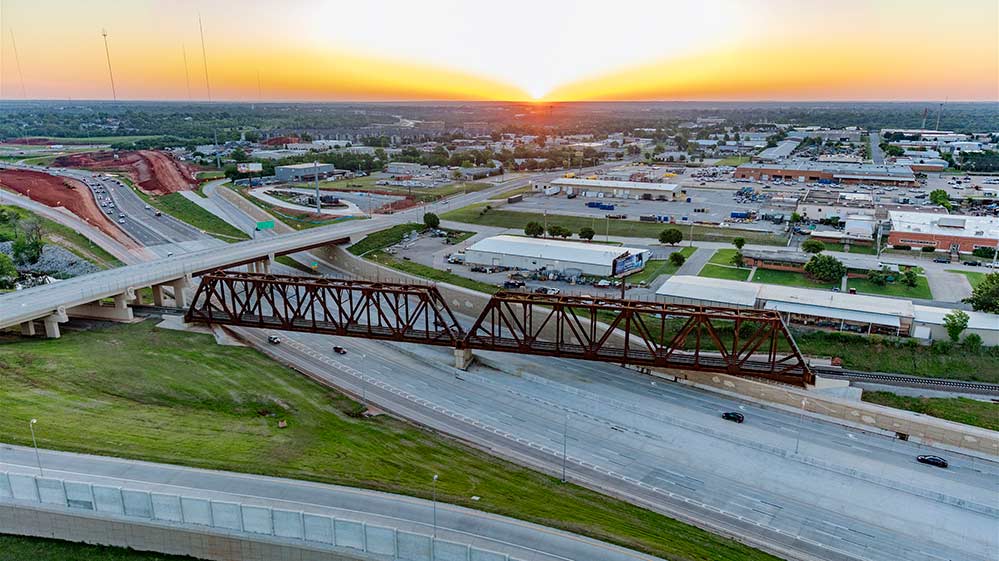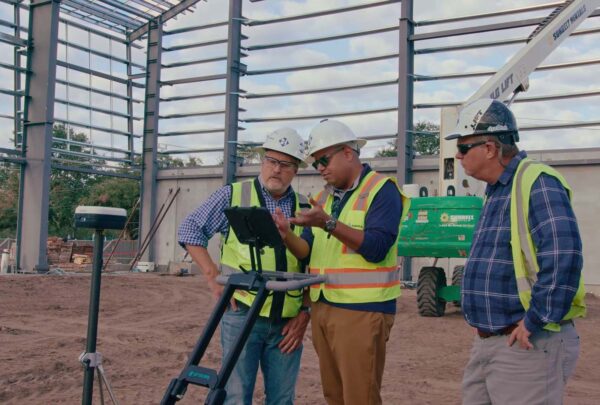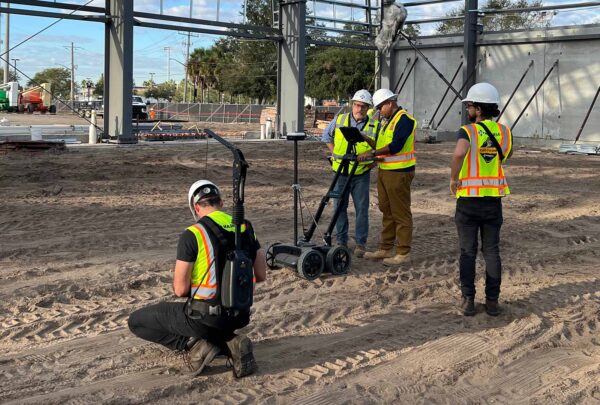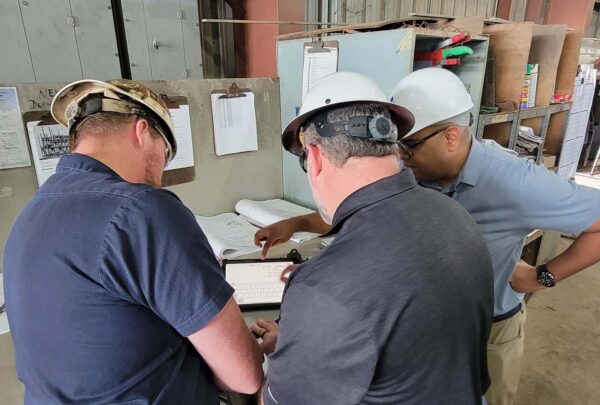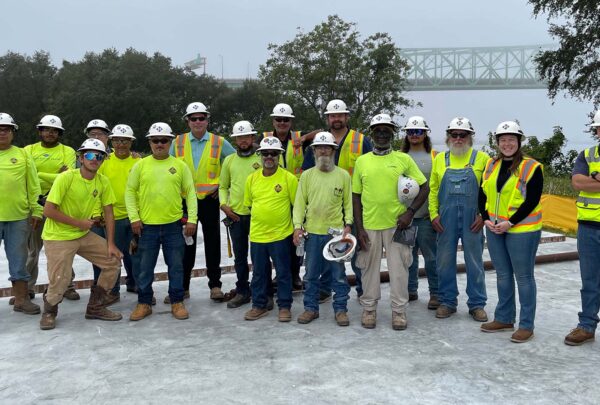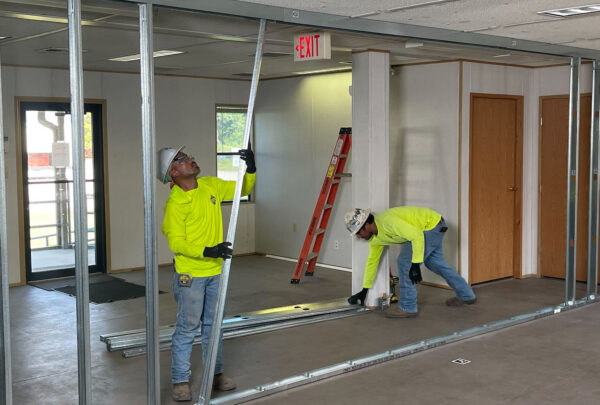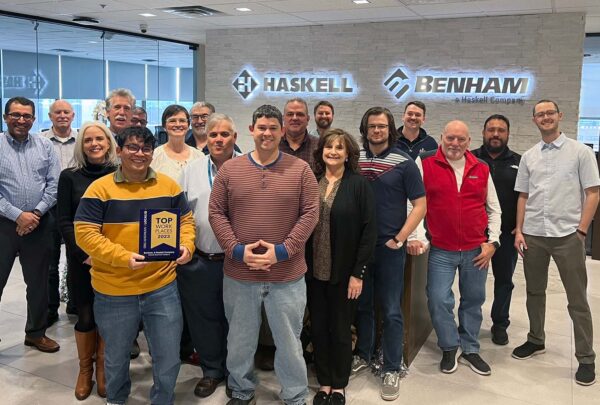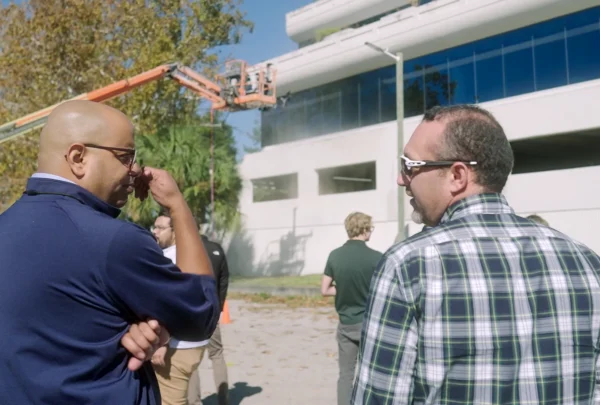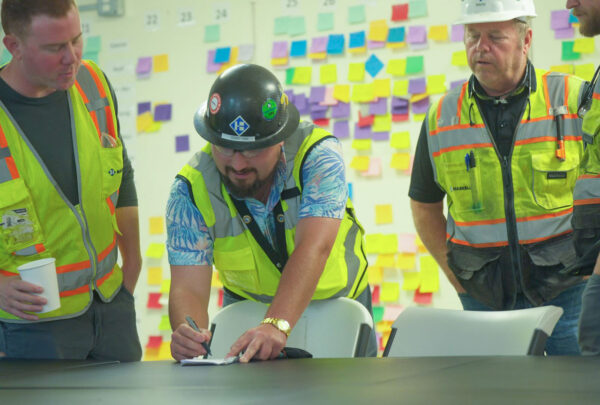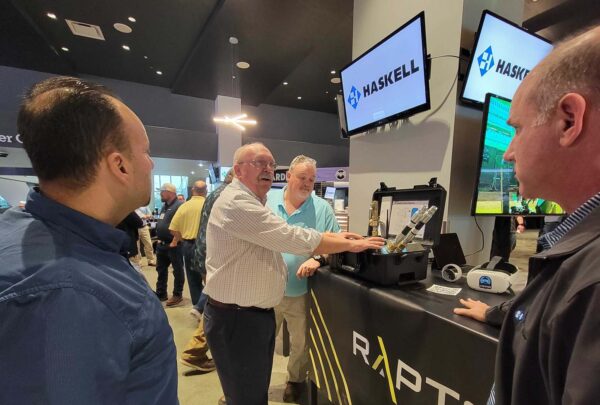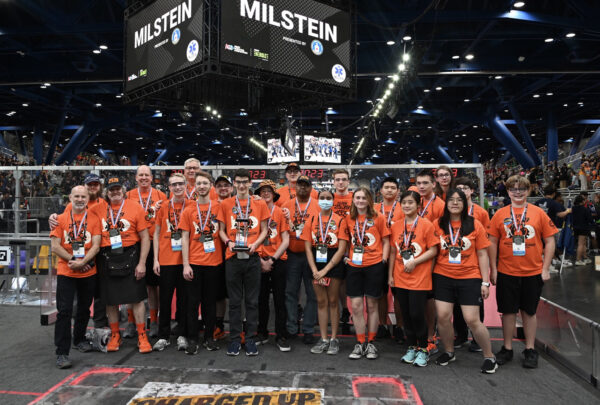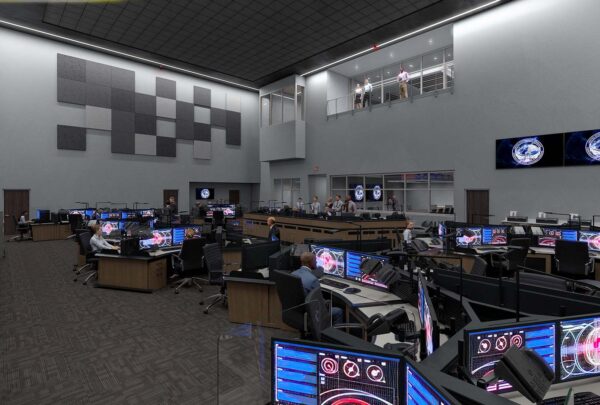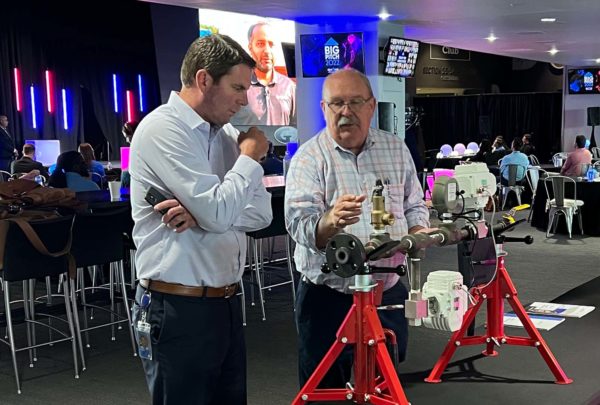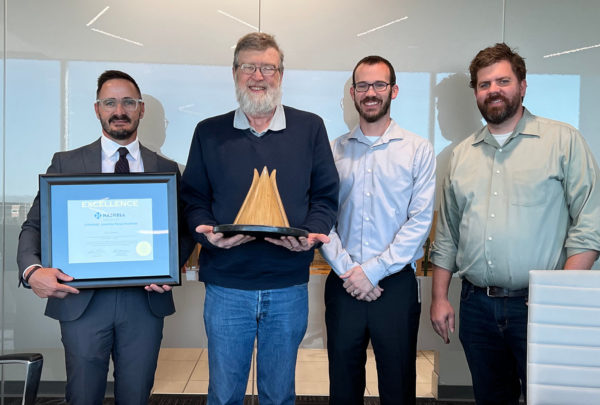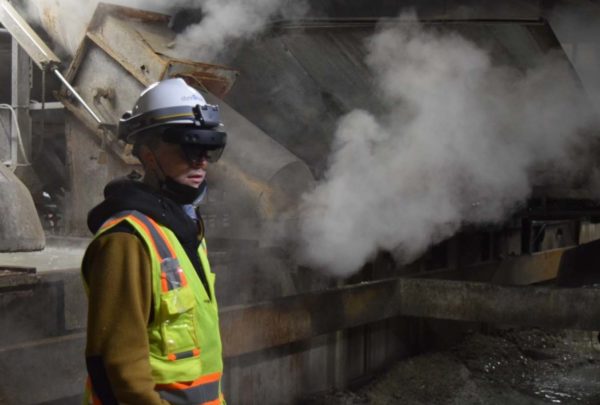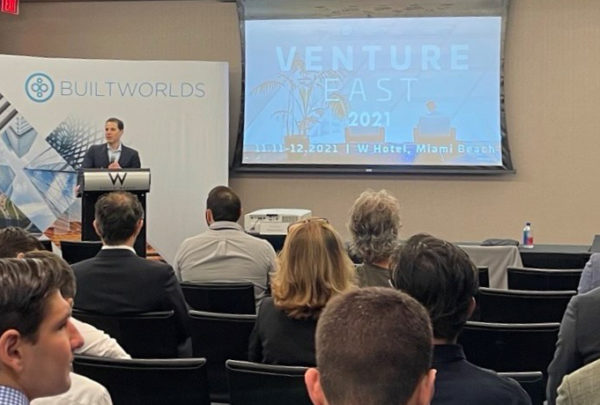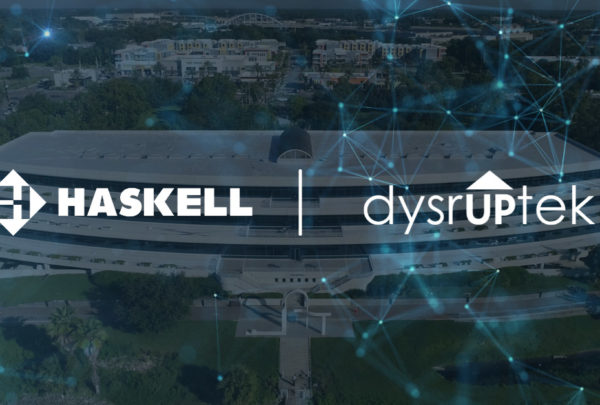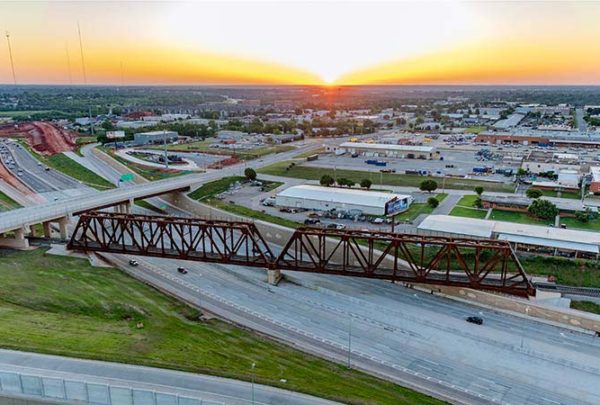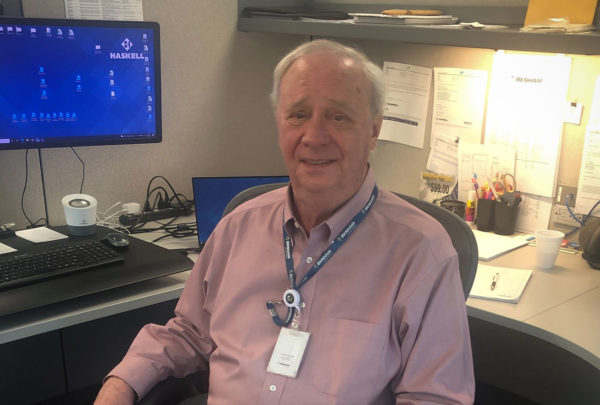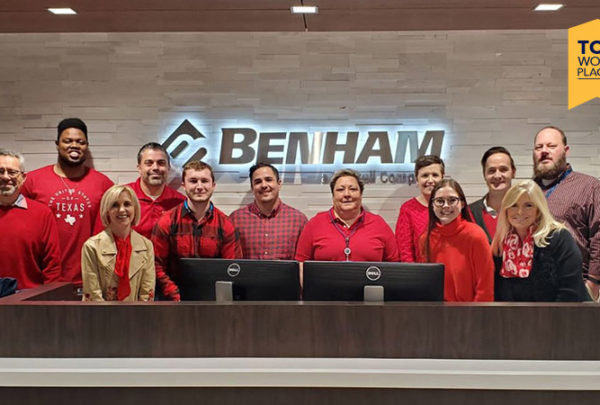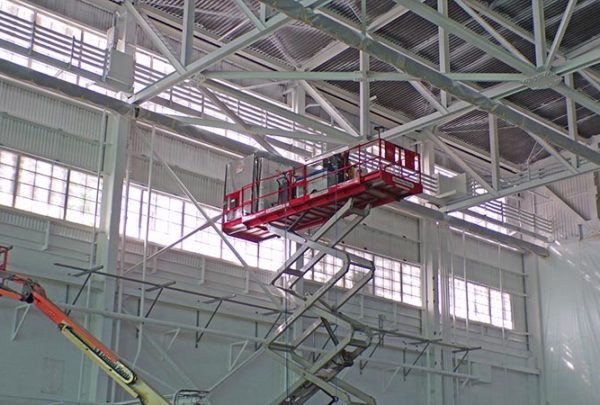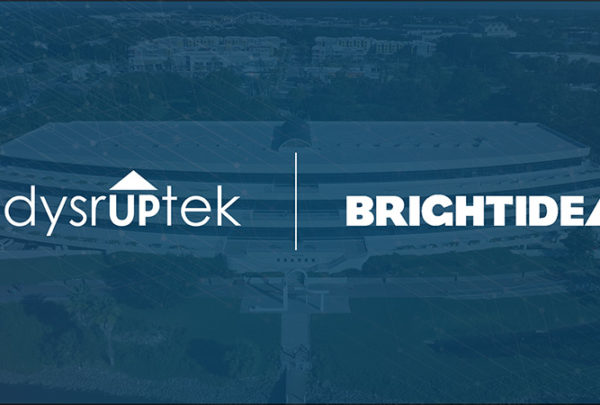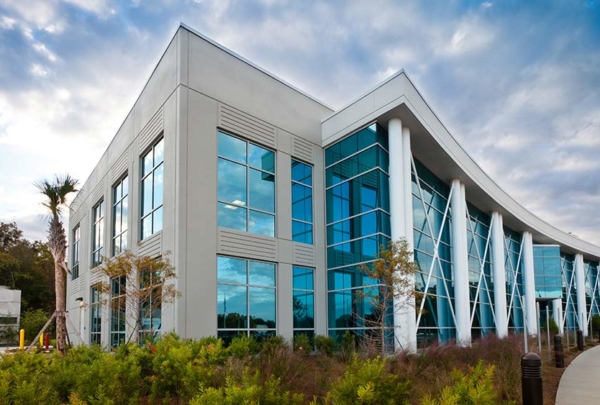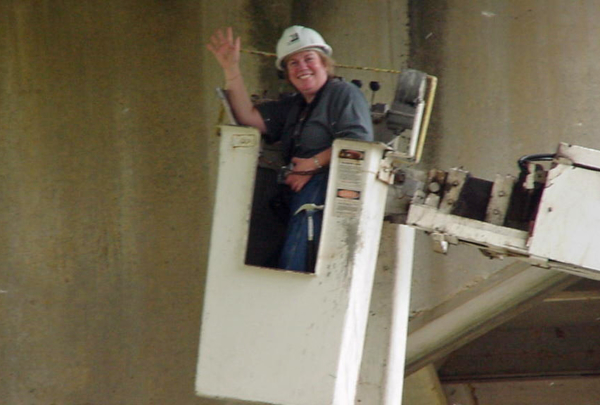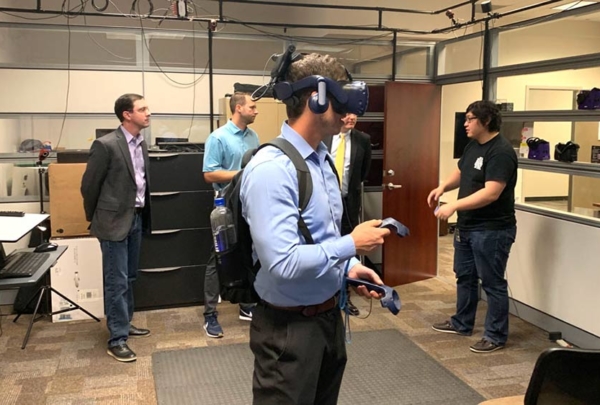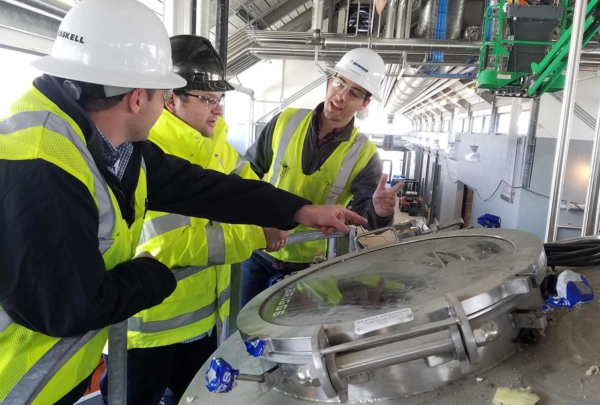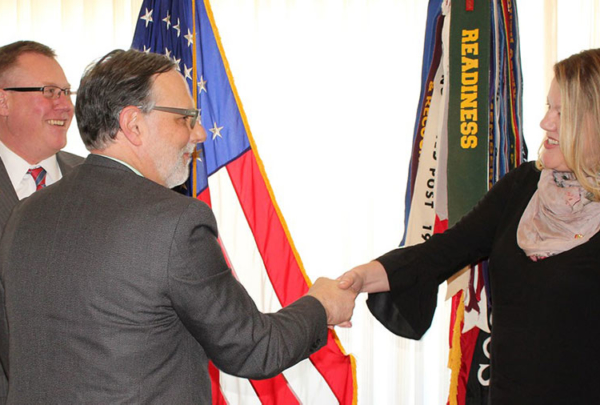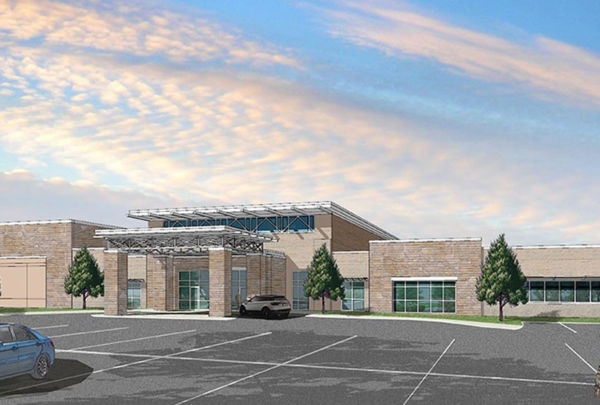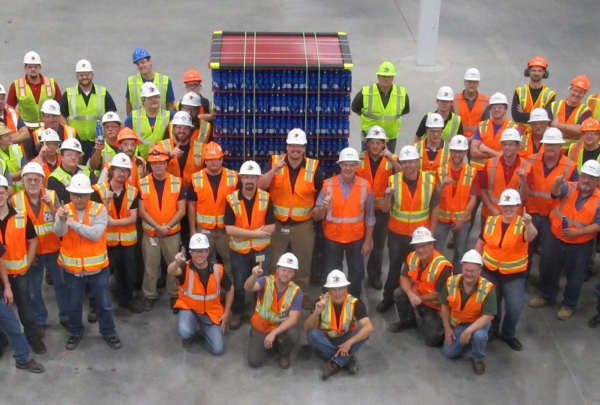Replacing a truss bridge for the Burlington Northern Santa Fe Railroad (BNSF), a key component of the largest construction package in the history of the Oklahoma Department of Transportation (ODOT), may well have been the quintessential civil infrastructure challenge.
Civil projects are, by their nature, exercises in balancing the needs of a wide range of stakeholders. Engineers and constructors must comply with government regulations and permitting requirements and minimize disruptions to surrounding neighborhoods and communities – all while addressing social concerns and mitigating environmental effects.
The BNSF bridge was all that and more.
Maneuvering Time and Traffic
To accommodate increased traffic flow along a swollen urban corridor, ODOT’s $81 million project to widen a stretch of the I-235 bypass around Oklahoma City required relocating the BNSF mainline and, thus, the $17.5 million replacement of the truss bridge. All this needed to be done with the least possible disruption to traffic flow along the busy interstate highway.
Haskell was selected to design the project and proceeded to prove why it is an industry leader. Working in conjunction with ODOT and BNSF, Haskell’s team used innovative techniques, careful planning and precise sequencing to complete the project ahead of schedule and with minimal traffic interruption.
“We were able to assure the client of providing the best team with the best experience that would produce the best solutions,” said Adam West, Haskell’s Civil Infrastructure division leader.
Rather than tackling the project traditionally, the Haskell team took the inventive approach of designing the truss bridge to be constructed adjacent to the interstate, then transporting the spans on Self-Propelled Modular Transports (SPMTs) to put them into place over a weekend.
Instead of the planned three-day job, the move-in was completed in just two days – “a spectacular feat of engineering,” according to ODOT. It was the first time the bridge-moving technique had been used in the state.
Consolidated Strength
Haskell already was one of the nation’s leading integrated design, engineering and construction firms when, in 2016, it purchased Leidos Constructors, LLC, as well as select design assets of Leidos Engineering, and rebranded the new organization as Benham, a Haskell Company, in a return to the subsidiary’s original name.
Like Haskell, Benham long had been recognized for its expertise in integrated delivery, design and project management. The acquisition bolstered Haskell’s bona fides in the federal and transportation markets; added more than 100 years of experience in all areas of civil infrastructure consulting; and expanded its global footprint with offices in Tulsa, Oklahoma City, St. Louis, and St. Paul, Minnesota.
Equipped with a full slate of civil design capabilities including roadway/highway, bridge, traffic control, stormwater management, traffic and signal, and airfield design, Haskell provides its clients a collaborative experience and certainty of outcome.
“We live in the communities we serve, so we care deeply about how our projects affect neighborhoods and users of the projects we design,” West said. “We want our clients to have full confidence that we are working with them to solve problems and design the best project possible within their constraints.”
The BNSF bridge project was a testament to that mission.
“Benham worked with us hand-in-hand to provide innovative solutions to the challenge of constructing two 2-million-pound trusses,” said Brian Taylor, PE, chief engineer for ODOT. “Both were constructed off-site and moved into place during a three-day weekend closure, a first for ODOT, and one of the most unique project elements in our history. We greatly appreciate Benham’s contribution to the success of this project, along with their effective pre-qualification of erection subcontractors to ensure worker and public safety.”
Leaning into the future
As with the use of SPMTs in Oklahoma City, technology plays an ever-increasing role in civil engineering, as with all engineering and construction disciplines.
“The technology available to us has improved dramatically during the last decade to allow us to do our civil design quicker and more efficiently,” West said. “In turn, however, these tools have increased the expectations of our clients regarding what we produce.”
Autonomous vehicles, additional buses, self-driving transit shuttles, environmental issues and the impact of safety improvements in vehicles are all examples of trends that Haskell’s Civil Infrastructure Team is addressing.
Meeting growing expectations requires cutting-edge tech, but more importantly, it requires people who are prepared to apply that tech to innovate. Foremost in Haskell’s forward-leaning strategic plan is a commitment to “Provide team members the best job of their lives.”
Haskell’s commitment to ongoing education ensures that it is positioned to execute projects that contribute to sustainable communities that address the environment, economy and society. For the Civil Infrastructure team, in addition to producing solutions and profit for their clients, reinforcing and rebuilding infrastructure systems are top priorities.
“Haskell puts the best interest of employees over maximizing our profit,” West said. “We are always planning for future issues and trends, such as redefining mobility for a growing population and rethinking how the city looks and works.”

